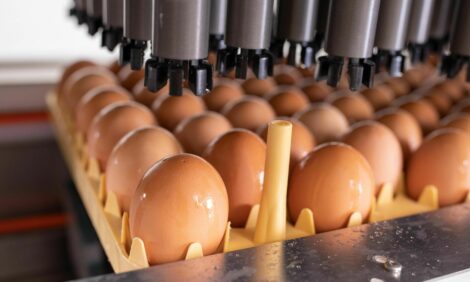



Importance of the type of adjuvant and emulsion for Salmonella vaccines and its effect on reproductive potential in poultry breeder flocks
Inactivated vaccines containing bacteria are naturally more reactive compared to vaccines that contain viruses due to the structural composition of pathogens. For this reason, the type of adjuvant and emulsion technology contained in a Salmonella vaccine are extremely important to modulate inflammation at the application site and activate the immune response, all in balance.Adjuvants are substances added to the formulation of bacterins to enhance the immune response, to promote selective stimulation to a certain type, or even to increase its duration.
The general objectives of an adjuvant are:
- Modulate post-vaccine reactions
- Promote selective immune responses
- Stimulate the production of memory cells
The types of adjuvants most used in poultry farming are: mineral oil, vegetable oil and aluminium hydroxide. Adjuvants containing mineral oil stimulate the immune response for a longer period due to their release kinetics. However, if this type of adjuvant is not formulated in an appropriate emulsion, it may cause significant post-vaccination reactions.
Therefore, it is necessary to consider not only the type of adjuvant, but also the type of emulsion when evaluating inactivated vaccines against Salmonella.
The adjuvant + emulsion set is totally related to the efficacy and safety of the vaccine, i.e., the quality of the immune response generated and the modulation of adverse reactions after application depends on it.
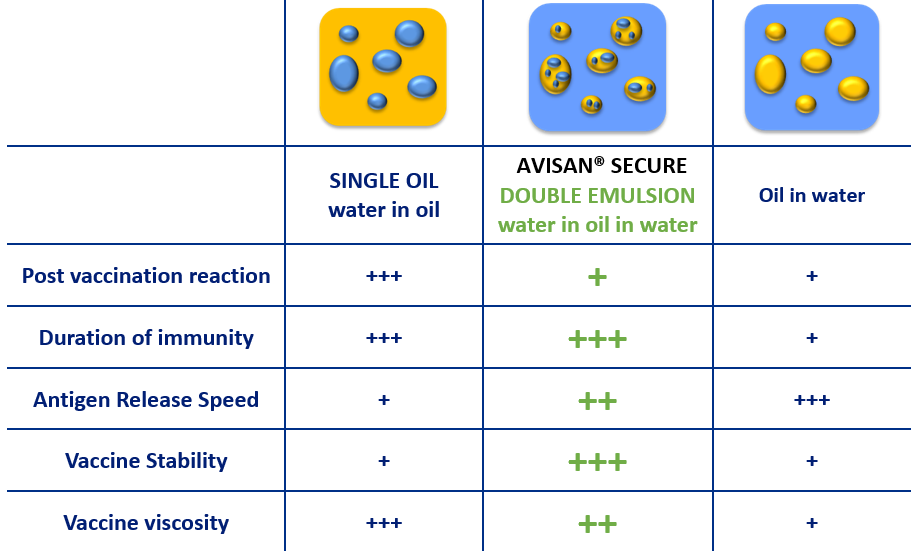
Double emulsion
This type of emulsion is characterised by having water as a continuous phase, oil as a dispersed phase, and within the oil are droplets of water. In this way, the advantages of each of the other types of emulsion are combined.
The process of making a double emulsion is much more complex than that of a single emulsion. It is necessary to add several components respecting specific order and proportions.
Features of the double emulsion contained in AVISAN® SECURE:
VERY LOW POST VACCINATION REACTION
The first phase to be in contact with the bird's tissue is responsible for generating inflammatory reactions at the application site. With AVISAN® SECURE, the phase that comes into direct contact is aqueous, producing very low inflammatory reactions that can go completely unnoticed by birds.
This is an important detail, as exacerbated reactions affect the metabolic balance and can result in economic losses due to:
- Loss of batch uniformity
- Decreased fertility
- Decreased hatchability
- Death of the bird in the event of inoculation in an inappropriate location
LONGER DURATION OF IMMUNITY
The double emulsion allows a balance in the release of antigens. On the one hand, the antigen in the external aqueous phase of AVISAN® SECURE is promptly released, allowing the immune response process to begin shortly after vaccine injection. On the other hand, antigens present in the internal aqueous phase will be released later, thus modulating the duration of the immune response.
- External aqueous phase: first release of antigen = rapid immune response
- Internal aqueous phase: second antigen release = prolonged immune response
STABILITY AND VISCOSITY
Vaccine stability is also an essential factor. For a bacterin, phase separation even after mechanical agitation, is an indicator that the vaccine may not work properly.
AVISAN® SECURE is very stable because its emulsion is produced with small particles, distributed evenly and using a suitable surfactant.
Field study
In order to prove the best safety of application for a double-emulsion vaccine, a field study was carried out in breeders in the interior of the state of São Paulo - Brazil, comparing fertility results from two groups vaccinated at 19 weeks of age in the breast. Three batches were evaluated in each group, under similar experimental conditions:
- AVISAN® SECURE: Birds vaccinated against Salmonella SE and ST in double emulsion, 0.5 ml/bird
- Oily vaccine: birds vaccinated against Samonella SE and ST in single oil emulsion
Hatchable eggs incubated for 3 to 5 days were broken via the air chamber and examined individually.
Four trays containing 96 eggs were collected per batch per week.
The regular weekly sampling generates a graph showing the flock fertility trend, which is more important than analysing fertility at an isolated point in time.
Differences in the fertility rate were observed between the two groups studied throughout the experimental period (figure 3). The greatest differences were seen up to 10 weeks after vaccination:

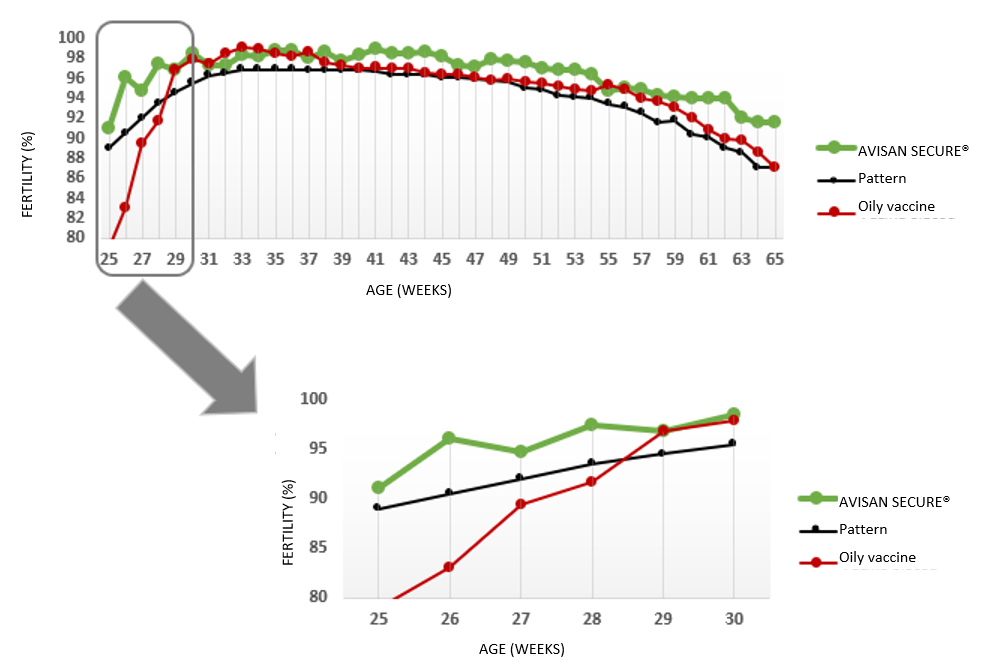
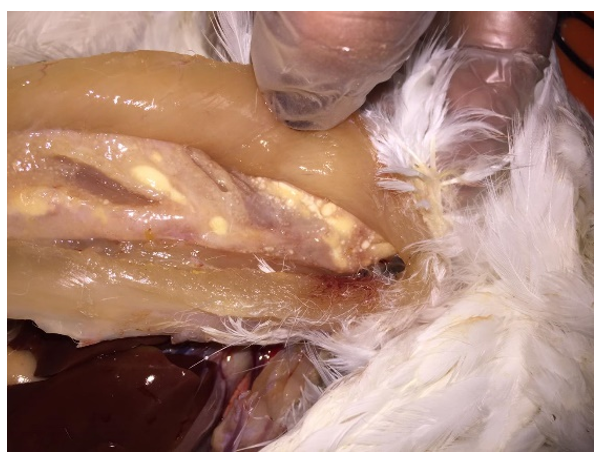
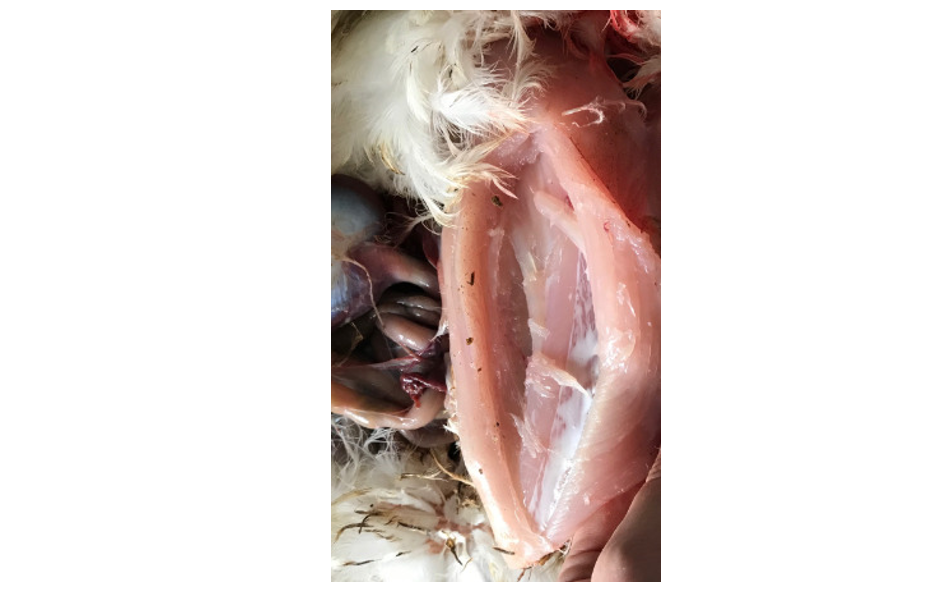
The reproductive potential of males and females is influenced by several factors, and it is important to remember that the impact of the male on the fertility is about ten times greater than the impact of the female.
The most important point related to flock fertility is the growth profile of the males. Any situation that causes stress and consequently weight loss between 16 and 22 weeks of age will directly affect testicular development and uniformity of weight.
Between 19 and 25 weeks of age, the male is expected to increase approximately 35% in weight. With that in mind, it is essential that vaccination management be considered when assessing factors that affect fertility, as it is carried out at a crucial moment that determines the reproductive potential of the flock.
Conclusion
Administering a single oil emulsion vaccine at this very delicate moment in sexual development increases the probability of inflammatory events in the breast, with the formation of oedema and pain. Consequently, there are several changes in the animal's activity that contribute to loss of fertility:
- It reduces food intake increasing weight variation coefficient in the flock, which is hard to recover
- It decreases copulation activity, as the bird feels pain and discomfort in the breast (figure 2)
- There is interference in the structural development, particularly in regard to the shape of the breast, which affects the quality of copulation (figure 2)
Loss of fertility translates to fewer chicks per bird, directly impacting on the economic results.
In the study conducted, relevant differences in fertility were observed and it was demonstrated that the type of emulsion is important when it comes to vaccination management of breeding flocks AVISAN® SECURE has proven to be a safe alternative.









